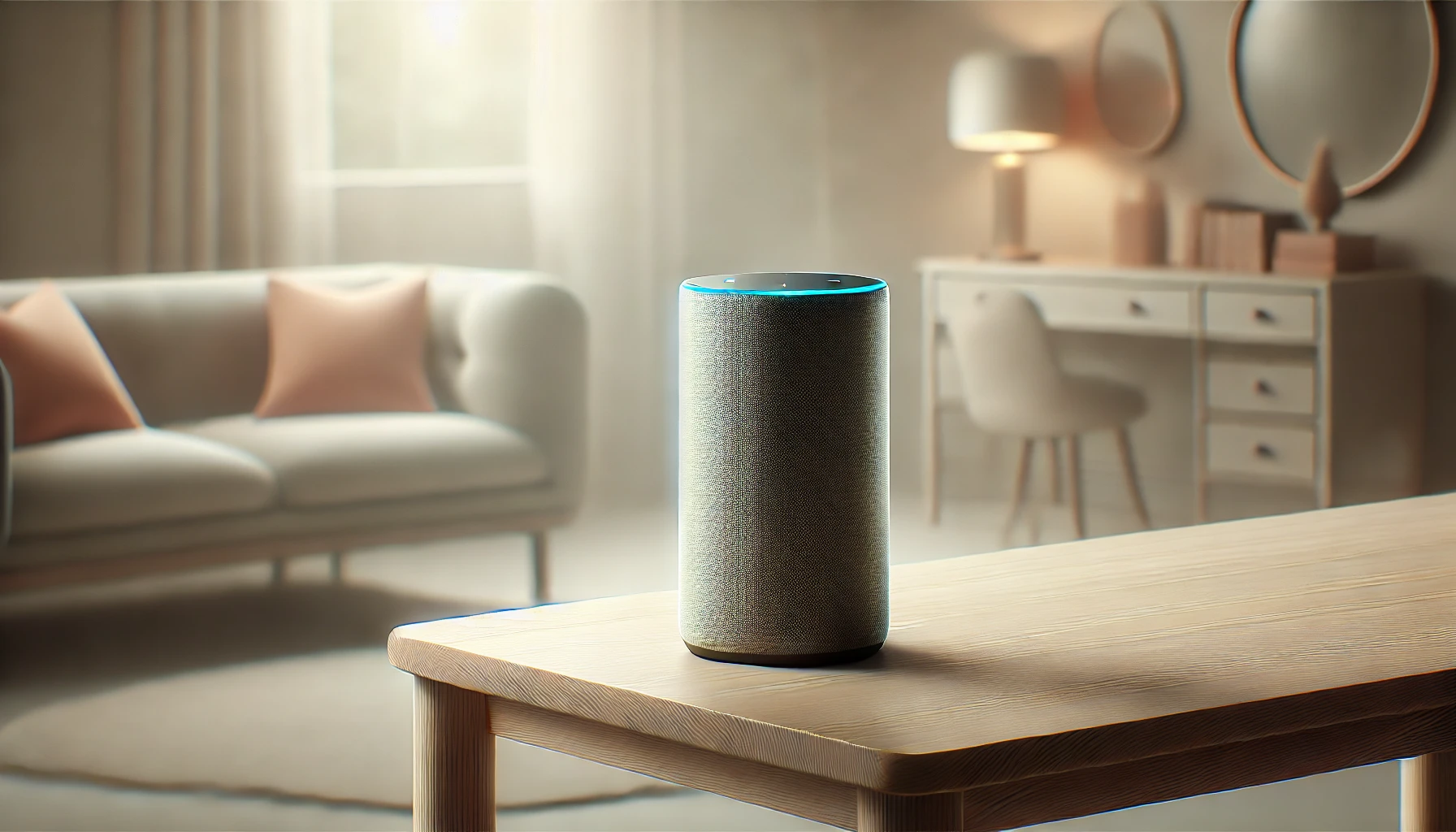Table of Contents
Retail marketing is more dynamic and competitive than ever in today’s fast-evolving marketplace. Brands are constantly looking for ways to stand out, drive customer engagement, and boost sales in a rapidly changing landscape due to advancements in technology and shifting consumer preferences. For businesses to succeed, they need to stay on top of the latest trends and adapt their strategies accordingly. Here, we explore the top trends in retail marketing that will shape the industry in 2025.
Omnichannel Retail Marketing
Omnichannel retail marketing has become a must-have strategy for brands looking to provide a seamless shopping experience across all platforms. Consumers now expect to interact with brands consistently and cohesively whether they are shopping in a physical store, browsing on a mobile device, or engaging through social media. Omnichannel retail marketing ensures that customer interactions are unified, regardless of the channel.
Brands like Nike and Sephora have excelled at creating integrated experiences by connecting their online and offline presence. For example, customers can buy online and pick up in-store or use apps to check product availability at physical locations. This trend boosts convenience and drives customer loyalty by offering a frictionless journey from browsing to purchase.
Personalization in Retail Marketing
The rise of AI and data analytics is transforming retail marketing by enabling brands to offer personalized experiences tailored to individual customer preferences. Personalization goes beyond simply addressing customers by name — it involves offering product recommendations, tailored promotions, and unique content based on customer behavior and past interactions.
Retailers like Amazon and Walmart have been at the forefront of using data to personalize their offerings, creating highly customized user experiences. Both Amazon and Walmart use AI-powered recommendations to predict what customers might like based on their browsing and purchase history. As data-driven personalization continues to evolve, retail marketing will become even more precise, making consumers feel more valued and understood.
Sustainability in Retail Marketing
With increasing consumer awareness of environmental issues, sustainability has become a key focus in retail marketing. Modern shoppers, especially younger generations, are prioritizing brands that demonstrate eco-conscious values, from ethical sourcing to sustainable packaging. As a result, retailers are incorporating sustainability into their marketing strategies to appeal to this growing demographic.
Brands like Patagonia and The Body Shop have successfully integrated sustainability into their brand messaging, promoting ethical practices while maintaining authenticity. Sustainable retail marketing doesn’t just appeal to eco-conscious consumers; it also creates long-term loyalty by aligning with customers’ values and providing transparency around sourcing and production.
How do you bring back an economy to a place that has been struggling for generations, all while dealing with catastrophic wildfires? Connect the entire region with a truly enormous amount of trails.
— Patagonia (@patagonia) October 19, 2024
Watch Fire Lines at https://t.co/7vtJSEKtAc
A film by Ken Etzel and Gordon Klco pic.twitter.com/75pdReNJbS
Social Commerce in Retail Marketing
Social commerce — shopping directly through social media platforms — is one of the fastest-growing trends in retail marketing. With platforms like Instagram, TikTok, and Pinterest integrating shopping features, brands now have new opportunities to reach customers directly in their social feeds. Consumers can discover, explore, and purchase products without ever leaving their favorite social platforms, streamlining the path to purchase.
For instance, Instagram’s “Shop” feature allows users to browse product catalogs, view prices, and make purchases directly within the app. TikTok has also seen tremendous growth in social commerce, with viral “TikTok Made Me Buy It” trends driving sales for a variety of brands. As social commerce continues to grow, retailers must develop strategies that integrate seamlessly with these platforms, making social media an essential part of retail marketing in 2025.
BREAKING: Starting this week, Instagram will allow users to purchase products they see in their feed, directly through the app, in a few clicks.
— Steven Bartlett (@StevenBartlett) March 19, 2019
Terrible news for a lot of people's bank accounts. pic.twitter.com/n1y25E5cG6
Artificial Intelligence and Automation in Retail Marketing
AI and automation are transforming retail marketing by improving efficiency, customer experience, and decision-making. Retailers are using AI-powered chatbots, customer service tools, and automated email marketing to streamline communication and reduce operational costs. Additionally, AI-driven analytics help brands predict trends, optimize pricing, and understand consumer preferences in real time.
Automation tools like HubSpot and Mailchimp allow brands to create personalized email campaigns triggered by customer behaviors, such as cart abandonment or post-purchase follow-ups. As AI continues to evolve, its applications in retail marketing will expand, allowing brands to offer hyper-personalized experiences at scale while optimizing their operations.
Experiential Retail Marketing
Creating memorable and immersive experiences has become a key focus in retail marketing. Consumers are increasingly seeking more than just products — they want engaging and shareable experiences. Brands are responding by designing interactive stores, pop-up shops, and virtual reality (VR) experiences that combine entertainment with shopping.
For example, Nike’s flagship stores feature customization stations where customers can design their own shoes, while beauty brand Glossier has created experiential pop-ups that encourage customers to explore, interact, and share their experiences on social media. In 2025, experiential retail marketing will continue to grow as brands seek to create meaningful, in-person connections with their audience while building a sense of community.
For @tkelce, there’s nothing better than some custom kicks. From the materials to the laces to the colors, it’s about bringing all the pieces together in a unique way.
— Nike Football (@usnikefootball) May 22, 2021
Customize your own Nike Blazer. https://t.co/CbCu3Q3fMB pic.twitter.com/lr0bNYwBFo
Influencer Partnerships in Retail Marketing
Influencer marketing remains a powerful tool in retail marketing, especially as consumers increasingly trust recommendations from people they follow on social media. Retailers are partnering with influencers across all niches to amplify their brand message and reach highly engaged audiences. These collaborations often result in authentic content that resonates with followers, driving both brand awareness and sales.
Brands like Gymshark and Fashion Nova have effectively leveraged influencer partnerships to grow their customer base. Micro-influencers, in particular, are gaining popularity due to their strong connections with niche audiences and higher engagement rates compared to macro-influencers. As influencers continue to shape buying behavior, this form of retail marketing will remain vital for brands seeking to build trust and authenticity.
Data Privacy and Ethical Retail Marketing
Amid growing concerns about data privacy, brands must approach retail marketing with a greater focus on transparency and ethics. Consumers want to know how their data is being collected, stored, and used, and they’re more likely to support brands that prioritize data protection. Retailers that implement strong privacy practices and communicate them clearly to customers will build greater trust and loyalty.
Apple’s introduction of App Tracking Transparency (ATT) has pushed many brands to rethink their retail marketing strategies, particularly when it comes to targeted advertising. As data regulations continue to evolve, ethical retail marketing practices will become increasingly important in maintaining consumer trust and ensuring compliance with privacy laws.
Mobile-First Retail Marketing
With the rise of mobile shopping, having a mobile-first SEO strategy is essential for modern retail marketing. Consumers now use their smartphones for everything from browsing products to making purchases and managing loyalty programs. In 2025, retailers must ensure their websites, apps, and marketing campaigns are optimized for mobile users to remain competitive.
Brands like Starbucks have mastered mobile-first retail marketing by offering an app that integrates mobile ordering, payments, and loyalty rewards. This not only improves customer convenience but also creates opportunities for personalized promotions based on user activity. As mobile commerce continues to grow, investing in mobile-friendly experiences will be imperative for achieving success in retail marketing.
Thanks @Starbucks for your mobile app! Today I was able to pre-order, walk in, pass thru 20 people waiting for their drinks, grab my drink & bagel from the counter and be on my way! It's Friday. It's Raining. I'm winning! pic.twitter.com/BRNHE9JyBK
— Beatrice Perkins (@MsBeaPerkins) April 27, 2018
Loyalty Programs and Retention in Retail Marketing
Loyalty programs have long been a staple of retail marketing, but they are evolving with new technology and personalization. Today’s consumers expect more than just points-based rewards. They want exclusive access, personalized discounts, and experiential perks that make them feel valued.
Retailers like Starbucks and Sephora have excelled at using loyalty programs to deepen customer relationships. For instance, Sephora’s Beauty Insider program offers members personalized product recommendations, birthday gifts, and exclusive early access to sales. In 2025, retail marketing strategies that focus on customer retention and loyalty will play a pivotal role in driving long-term success.
Retailers that embrace these innovations will be well-positioned to thrive in the competitive landscape of 2025. By staying ahead of these trends in retail marketing, brands can adapt to consumer expectations, leverage new technologies, and ultimately create more engaging, personalized, and meaningful shopping experiences.
Going from a beauty insider to a rouge member for Sephora within a week time span is crazy🤣🤣🤣🤣🤣🤣
— Sarah G🦋✨ (@_TheRealSarahG_) September 29, 2024





